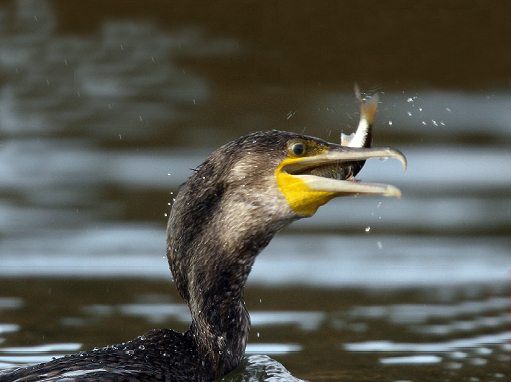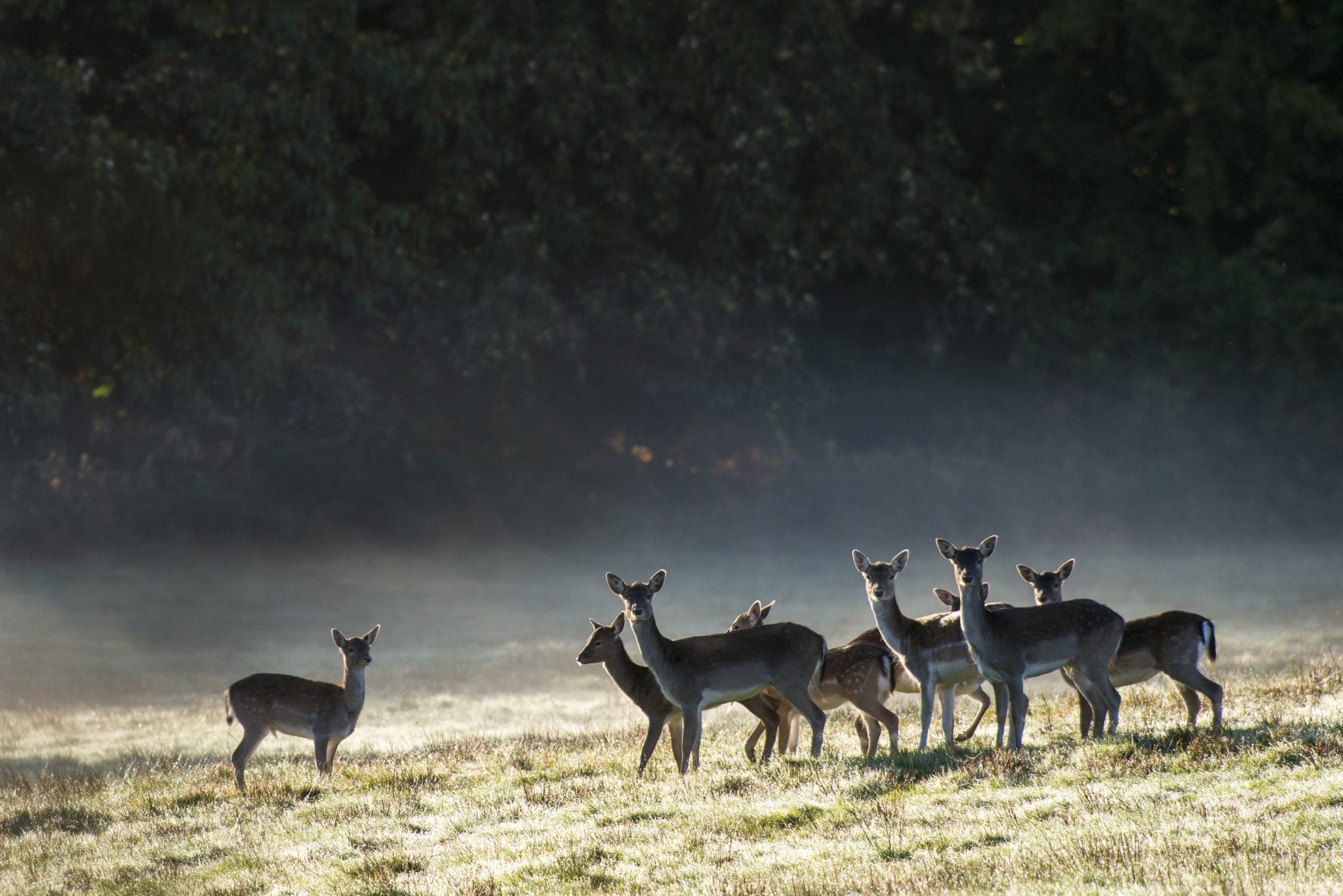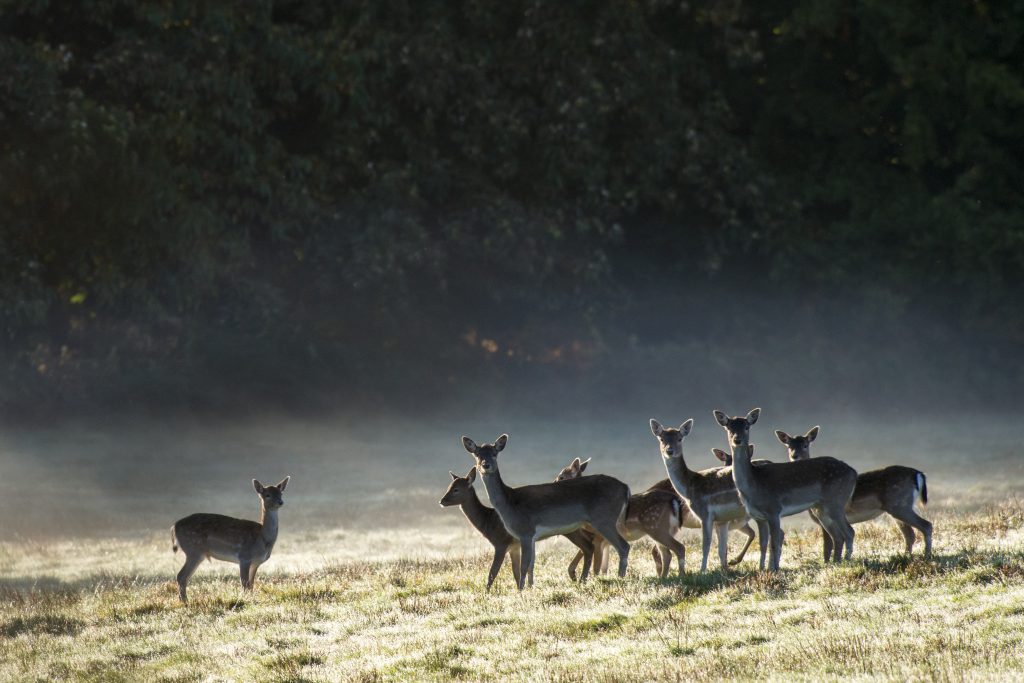The countdown is on for The British Shooting Show – book tickets online today and save on gate price!
Anglers’ fury over call to stop culling cormorants
Anglers' fury over call to stop culling cormorants: Claims that breeding pairs of cormorants in the UK are in decline have angered British anglers.

The claims were made by the Institute of Fisheries Management (IFM) in a press release entitled Don’t kill the cormorants.
But the Angling Trust, which campaigns for the protection of fisheries from predation by cormorants, said the claims were “ridiculous”.
In February, the Trust published a paper about the damage done by both cormorants and goosanders to freshwater fish stocks.
Mark Owen, the Trust’s freshwater campaigns manager, said: “We published a 10,000- word dossier highlighting the massive damage that cormorants and goosanders have done to freshwater fisheries and how their numbers have risen to plague proportions.
The idea that these predators are not a problem is patently ridiculous.”
In the past, the RSPB and IFM have both admitted that licensed culling of cormorants was an option where other alternatives of limiting predation had been exhausted and where the birds were present in large numbers.
The IFM told Angling Times that the reports of a decline in cormorant numbers came from the RSPB and was the “considered view of fisheries professionals” but refused to divulge who they were.
Say what you think in the Shooting UK forums!
Anglers’ fury over call to stop culling cormorants
Related Articles
Get the latest news delivered direct to your door
Subscribe to Shooting Times & Country
Discover the ultimate companion for field sports enthusiasts with Shooting Times & Country Magazine, the UK’s leading weekly publication that has been at the forefront of shooting culture since 1882. Subscribers gain access to expert tips, comprehensive gear reviews, seasonal advice and a vibrant community of like-minded shooters.
Save on shop price when you subscribe with weekly issues featuring in-depth articles on gundog training, exclusive member offers and access to the digital back issue library. A Shooting Times & Country subscription is more than a magazine, don’t just read about the countryside; immerse yourself in its most authoritative and engaging publication.







